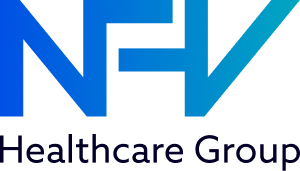Revenue Cycle Management (RCM) is essential to healthcare providers’ financial operations. It involves managing the entire process of billing and collecting payments for medical services provided to patients.
Efficient revenue cycle management is crucial for healthcare providers as it directly impacts their bottom line. An ineffective RCM process can result in delayed or lost payments, increased administrative burdens, and overall financial strain on the organization. Therefore, finding ways to reduce costs and improve efficiency in revenue cycle management is essential for the success of any healthcare provider.
Understanding Revenue Cycle Management (RCM)
Revenue Cycle Management is a financial process utilized by healthcare institutions. It helps keep track of patient care episodes from the initial registration and appointment scheduling to the final balance payment. This process involves managing claims, processing fees, and generating revenue. Moreover, it ensures compliance with regulatory standards and following up on denied claims.
Strategies for Reducing Costs in Revenue Cycle Management
Reducing costs in RCM is about cutting business expenses and improving processes that lead to increased productivity and better patient care.
Implementing Efficient Billing and Coding Practices
The billing and coding process can be a significant source of errors and inefficiencies in healthcare institutions. By implementing efficient practices such as accurate coding, timely billing, and thorough follow-up, healthcare facilities can reduce errors, minimize claim denials, and improve cash flow.
Streamlining Documentation and Administrative Processes
Streamlining administrative processes can significantly reduce overhead costs. This includes optimizing scheduling systems, reducing unnecessary paperwork, and implementing digital solutions for document management.
Leveraging Technology and Automation for Cost Savings
Automation can save time and reduce errors in various areas, such as billing, coding, and patient registration. Additionally, using technology to automate routine tasks allows staff to focus on more complex issues, potentially leading to cost savings.

Improving Efficiency in Revenue Cycle Management
Improving efficiency in RCM is essential to ensure timely payments, minimize errors, and reduce administrative burdens. Some strategies for improving efficiency include:
Enhancing Communication and Collaboration among Departments
Improved communication and collaboration can result in more efficient processes, reduced errors, and better patient care. This includes ensuring that all departments involved in the revenue cycle are working together effectively.
Utilizing Data Analytics for Performance Evaluation and Decision-making
Data analytics can provide valuable insights into the revenue cycle, identifying areas for improvement and helping healthcare organizations make data-driven decisions. This can lead to increased efficiency and reduced costs in the long run.
Staff Training and Education for Enhanced Efficiency
Proper training and education for staff can lead to improved efficiency in revenue cycle management. Institutions can minimize errors, reduce rework, and improve employee productivity, ensuring they understand their roles and responsibilities.
The Role of Technology in Revenue Cycle Management Efficiency
Technology plays a crucial role in improving efficiency in RCM. It can help healthcare institutions improve their revenue cycle processes and reduce costs, from automating routine tasks to providing data analytics.
Quality Services in Healthcare Centered Around You
NFV Healthcare Group prioritizes quality over quantity and provides custom services to the healthcare industry while focusing on patient care. We tailor our solutions to meet each facility’s unique needs and challenges. Contact us today to help you improve revenue cycle management, reduce costs, and improve patient care.

